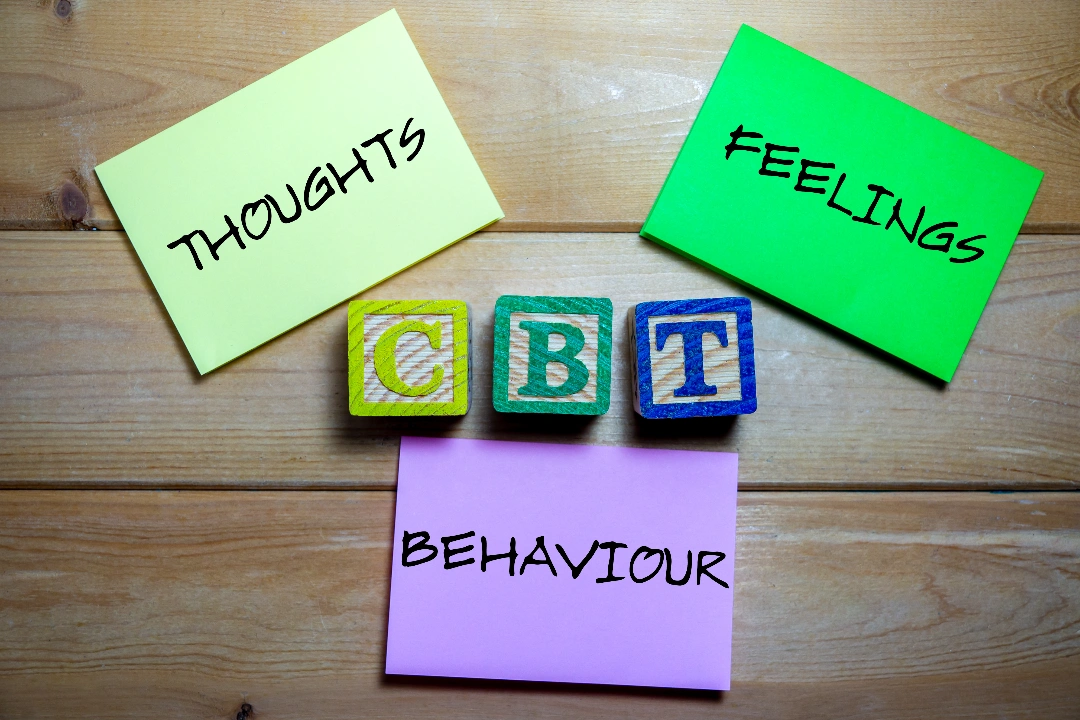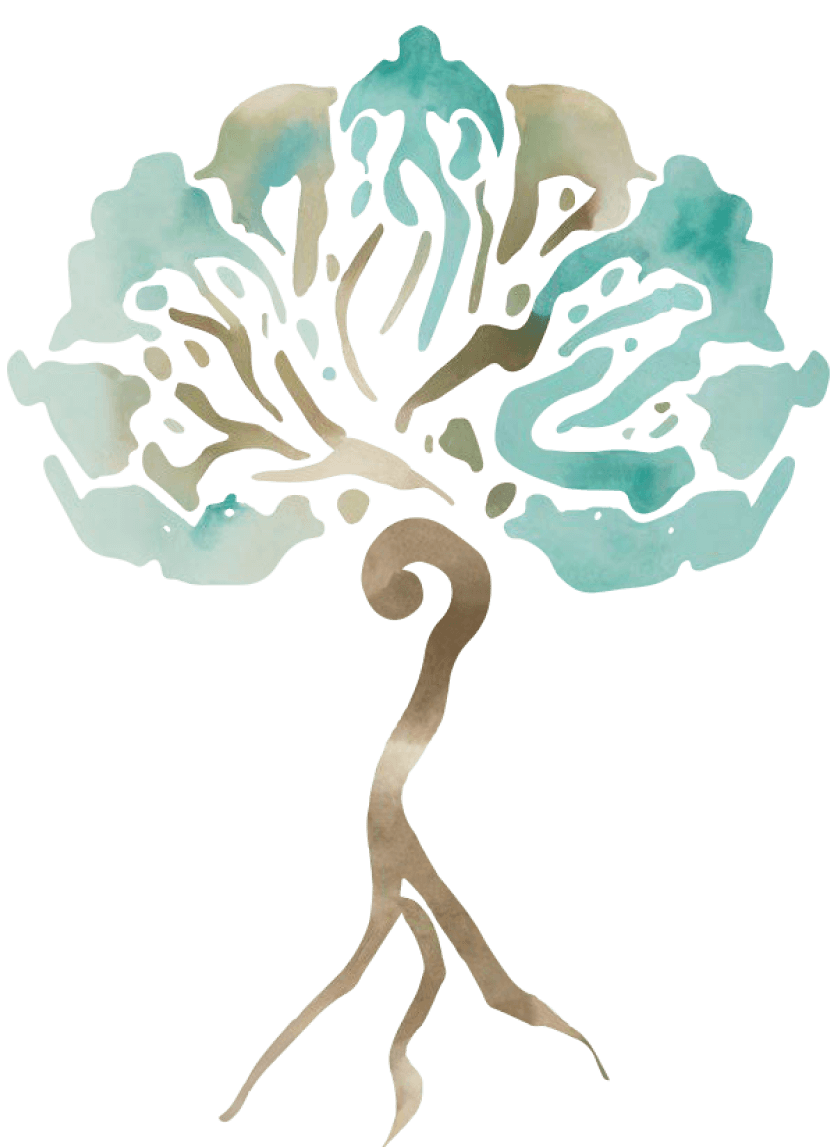Obsessive-Compulsive Disorder (OCD)
Detecting OCD in young individuals can be challenging, as they may be ashamed of their symptoms and try their best to conceal them.
What is obsessive-compulsive disorder (OCD) in children and youths?
Obsessive-compulsive disorder (OCD) in children and youths is a common mental health condition in Singapore characterised by persistent, intrusive thoughts (obsessions), and repetitive behaviours or mental acts (compulsions) that an individual feels compelled to perform. These thoughts and behaviours can significantly interfere with daily functioning and cause distress.
Detecting OCD in young individuals can be challenging, as they may be ashamed of their symptoms and try their best to conceal them. Moreover, unlike adults, children and teenagers may not have the awareness that their obsessive and compulsive behaviours are abnormal. When OCD emerges during childhood, it poses a unique set of challenges for both the child and their parents, with children potentially refusing to touch certain objects or insisting on performing tasks in a specific manner without understanding why.
In Singapore, the situation is particularly pressing, as the country has one of the highest prevalences of OCD worldwide. The Singapore Mental Health Study conducted in 2016 highlighted this, showing a lifetime prevalence rate that significantly exceeds global averages. This high prevalence emphasises the need for heightened awareness, early detection, and tailored intervention strategies within the Singaporean context to support the well-being of children and adolescents facing OCD, ensuring they receive the help needed to navigate the complexities of this condition effectively.
What causes OCD in children and youths?
While the exact cause of OCD in children and youths is not fully understood, it is believed to be a result of a combination of genetic, neurobiological, behavioural, cognitive, and environmental factors. Neurobiologically, imbalances in neurotransmitters, particularly serotonin, may play a role in the development and maintenance of OCD symptoms.
Certain life events or stressful situations, like abuse or other traumatic experiences may trigger the onset of OCD in susceptible individuals. Moreover, cognitive factors, such as maladaptive thought patterns, can contribute to the persistence of obsessive thoughts and the development of compulsive behaviours.


What are the symptoms of OCD in children and youths?
OCD in children and youths is characterised by the presence of obsessions and compulsions. Common symptoms associated with OCD include:
- Obsessions:
-
- Intrusive thoughts: Children and youths with OCD are unable to keep themselves from getting disturbed by the constant unwanted thoughts and fears.
- Fear of contamination: Excessive concern about germs, dirt, or a fear of causing harm to oneself or others.
- Doubts: Persistent doubts about whether one has completed a task or fears of harming others due to negligence.
- Perfectionism: A strong need for things to be perfect e.g. handwriting, drawings etc.
- Compulsions:
- Cleaning and washing: Children and youths with OCD engage in excessive cleaning rituals, such as excessive hand washing or showering, due to the fear of contamination.
- Checking: A child with OCD may repeatedly check doors, locks, appliances, or other items to ensure they are secure.
- Arranging and ordering: Children and youths with OCD need things to be in a particular order.
- Hoarding: Parting with possessions may be challenging, which leads to an accumulation of unnecessary items.
- Counting: A child or youth with OCD may constantly engage in counting rituals or perform tasks a certain number of times.
- Seeking reassurance: Children or youths with OCD may seek constant validation from others to alleviate anxiety.
- Avoidance: A child or youth with OCD may steer clear of situations or places that trigger obsessive thoughts or provoke anxiety.
- Impairment in daily functioning: Obsessions and compulsions may cause significant distress and interfere with daily activities such as relationships or school, as the repetitive behaviours consume a substantial amount of time each day.
- Resistance to thoughts: Individuals with OCD may recognise that their obsessions are irrational, but the anxiety associated with these thoughts often leads to compulsive behaviours.
However, the specific symptoms and severity vary widely among individuals with OCD. Moreover, the impact of OCD on daily life can range from mild to severe. If you or someone you know is experiencing symptoms consistent with OCD, seek professional help for a thorough assessment and appropriate treatment.

Who is at risk of OCD in Singapore?
Obsessive-Compulsive Disorder (OCD) can affect individuals of any age, gender, or background. However, children or youths with the following risk factors may be more susceptible to OCD:
Genetic factors
Children or youths with a family history of OCD may be at a higher risk, as research indicates a genetic predisposition to the disorder.
Personality traits
Certain personality characteristics, such as high levels of anxiety or perfectionism, may be associated with an increased risk of developing OCD.
Childhood adversities
In some cases, negative childhood experiences, such as abuse or neglect, may contribute to the development of OCD in adolescence.
However, having one or more risk factors does not guarantee the development of OCD, and individuals without apparent risk factors can still develop the disorder.
How is OCD in children and youths diagnosed in Singapore?
In Singapore, diagnosing OCD in children and youths involves a thorough assessment by a qualified mental health professional. The process includes the following components:
- Clinical interview: A detailed interview will gather information about the child’s symptoms, severity, and daily functioning. They will explore the nature of obsessions and compulsions, the duration of symptoms, and any associated distress or impairment.
- Diagnostic criteria: The diagnostic criteria for OCD are outlined in the Diagnostic and Statistical Manual of Mental Disorders (DSM-5), published by the American Psychiatric Association. Meeting these criteria is essential for a formal diagnosis. The DSM-5 criteria include the presence of obsessions, compulsions, or both, along with the time-consuming nature of these symptoms and the associated distress or impairment.
- Assessment tools: Standardised assessment tools and questionnaires may be utilised to gather additional information about the severity of OCD symptoms.
- Medical evaluation: In some cases, a medical assessment may be recommended to rule out any underlying medical conditions that could contribute to or mimic OCD symptoms.
- Information from associated individuals: Information may also be gathered from family members, teachers, or other relevant individuals to gain insights into the child’s symptoms and their impact on various aspects of life.
What are the treatment options for OCD for children and youths in Singapore?
Treatment of OCD for children and youths in Singapore involves a combination of psychotherapy, medication, and support. Common treatment options for OCD in Singapore include:


- Cognitive Behavioural Therapy (CBT): CBT, specifically Exposure and Response Prevention (ERP), is considered the first-line psychotherapeutic approach for OCD. It involves exposing individuals to thoughts, images, or situations that trigger anxiety (exposure) while preventing the accompanying compulsive behaviours (response prevention). The aim is to help individuals learn to tolerate and manage anxiety without resorting to compulsions.
- Medication: Medications like Selective Serotonin Reuptake Inhibitors (SSRIs), such as fluoxetine, fluvoxamine, and sertraline, may be prescribed to help alleviate OCD symptoms. It may take several weeks for the medicine to show results. In addition, an older medication — Tricyclic Antidepressants (TCAs), Clomipramine, have been found effective in treating OCD, especially when SSRIs are not well-tolerated or are ineffective.
- Combination therapy: In most cases, a combination of cognitive-behavioural therapy and medication is the most effective approach.
- Mindfulness and acceptance-based therapies: Mindfulness-based therapies, such as Mindfulness-Based Cognitive Therapy (MBCT) or Acceptance and Commitment Therapy (ACT), may help individuals develop a more accepting and non-judgmental awareness of their thoughts and feelings.
- Family-based interventions: Family members may be included in the treatment process to enhance support and understanding. Family therapy may be beneficial in improving the overall environment for the child or youth with OCD.
- Self-help strategies: Learning and practising stress-reduction techniques, such as deep breathing, progressive muscle relaxation, and mindfulness, can be beneficial in managing anxiety associated with OCD.
It’s important to note that treatment choice depends on individual factors, including the severity of symptoms and the presence of any co-occurring conditions. A mental health professional, such as a psychiatrist or psychologist experienced in treating OCD, can conduct a thorough assessment and collaborate with the individual to develop a tailored treatment plan.
If your child is suffering from OCD, please schedule an appointment with Connections MindHealth for a thorough assessment and proper treatment plan.


Frequently asked questions
Can OCD symptoms in children change over time, and is it possible for them to outgrow the disorder?
OCD symptoms can evolve and may even improve with time. However, while some children experience reduced symptoms, professional assessment and treatment remain vital for long-term well-being.
What signs should parents look for to identify if their child might have OCD?
Look for persistent, distressing thoughts, and repetitive behaviours impacting daily life. If behaviours interfere with daily functioning, cause distress, or are time-consuming, seek professional help.
How can parents and caregivers support a child with OCD at home and school?
Providing a supportive environment, learning about OCD, and collaborating with schools to accommodate and help the child can minimise the impact of OCD on a child’s academic and social experiences.

Reach out towards recovery
Readily available help
There are numerous resources catered specifically for young adults, including counselling services at colleges and universities, and employee assistance programs (EAP) at many workplaces.
Confidentiality
We respect your privacy—any discussions you have with us are kept strictly confidential.
Holistic wellbeing
Your mental health matters just as much as your physical health. Taking care of your mind is a crucial part of your overall wellbeing.

